Curling Potted Plants – What To Do About Curled Houseplant Leaves
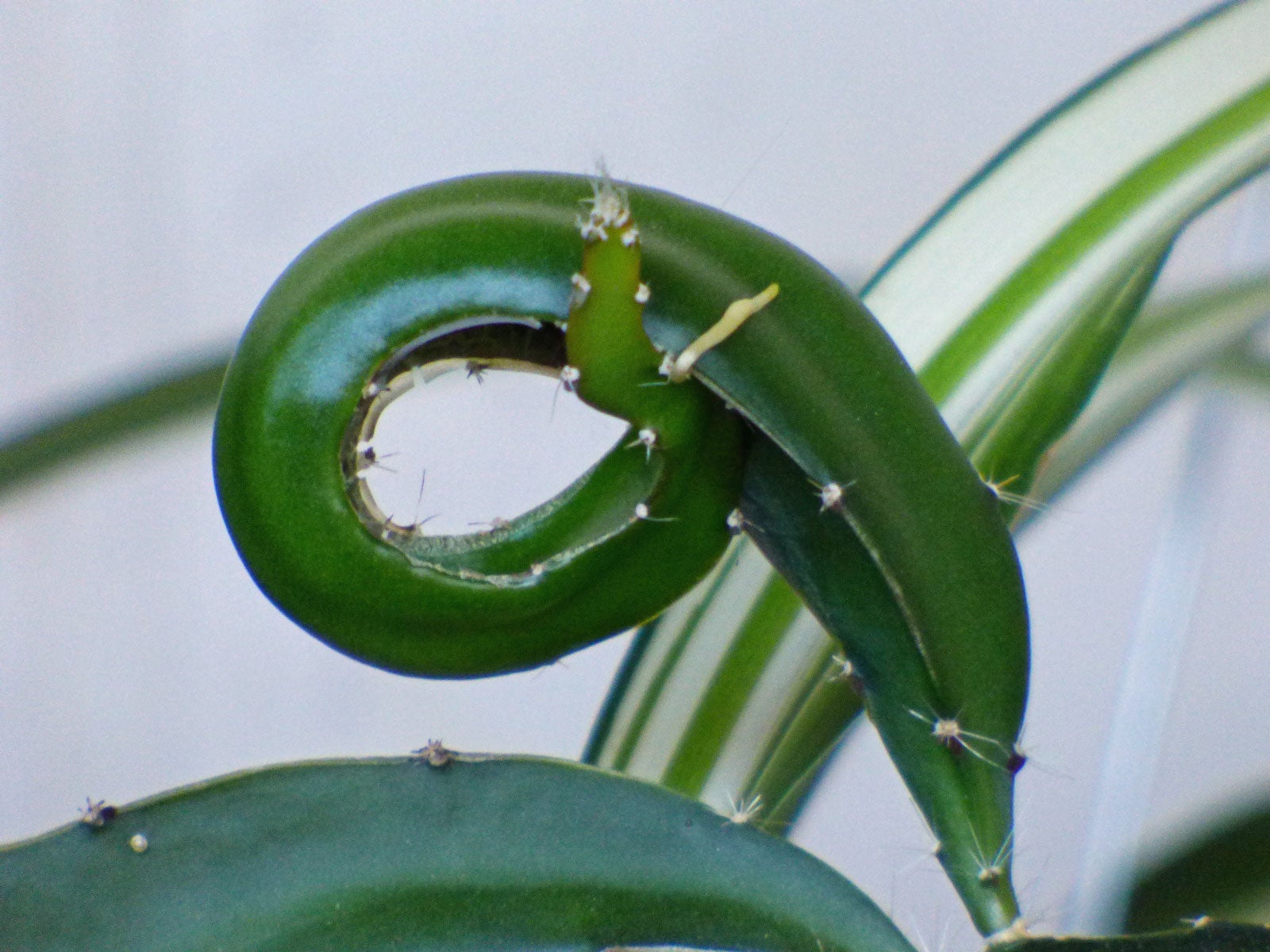
Are your houseplant leaves curling and you don’t know why? Curled leaves on indoor plants can be caused by a variety of issues, so it is important to understand the various causes so that you can take effective action. Let’s take a look at the main causes and solutions for curled houseplant leaves.
Curling Potted Plants
There are a number of reasons your houseplants may be curling and can include any of the following:
Pests
Various pests can cause leaves to curl. Sucking insects, such as aphids, can distort leaves and cause leaf curling. Aphids are soft bodied insects that are normally found on the undersides of leaves and at the growing tips of the plant. If you spot some, spray with insecticidal soap. Use repeated applications until they are gone. If there is a severe infestation, you can cut off those areas of the plant.
Thrips and whiteflies are also other insects that can cause curled houseplant leaves.
Too Much Water
When your potting soil stays soggy for too long, this can also cause curled leaves, as well as lead to root rot. In order to avoid curling leaves due to soil that is too soggy, always allow the top inch or two (approximately 2.5 to 5 cm.) of soil to dry out.
Always use pots with drainage holes. Allow water to completely drain away after watering and never allow your potted plant to sit in water for extended periods of time.
Too Much Light
Too much light, for your plant in question, can also cause leaves to curl. Especially when older leaves are curling at the very tips of the leaves. In conjunction with this, the newer leaves may be smaller than normal and may have brown edges.
Gardening tips, videos, info and more delivered right to your inbox!
Sign up for the Gardening Know How newsletter today and receive a free copy of our e-book "How to Grow Delicious Tomatoes".
To fix curling leaves from too much light, move your houseplant to a location that receives more appropriate light for the type of plant that you have. Also, get to know what acceptable light requirements are for your specific plant.
There are many reasons why you may have curled leaves on indoor plants. Try and identify the actual cause and then take the recommended action to fix your issue.
-
 Looking For Plants To Give You The Soft And Fuzzies? Try These 5 Fuzzy Leaf Plant Options
Looking For Plants To Give You The Soft And Fuzzies? Try These 5 Fuzzy Leaf Plant OptionsLovers of texture, drama, silver foliage and tactile plants will adore these special sensory garden additions. These fuzzy leaf plant options will leave you all aglow
By Susan Albert
-
 Get Ready For A Summer Of Hummers! Grow These Full Sun Hummingbird Plants and Flowers
Get Ready For A Summer Of Hummers! Grow These Full Sun Hummingbird Plants and FlowersIf you’re lucky enough to enjoy a sunny backyard, make sure you are maxing out on your pollinator opportunities and grow these full sun hummingbird plants and flowers
By Tonya Barnett
-
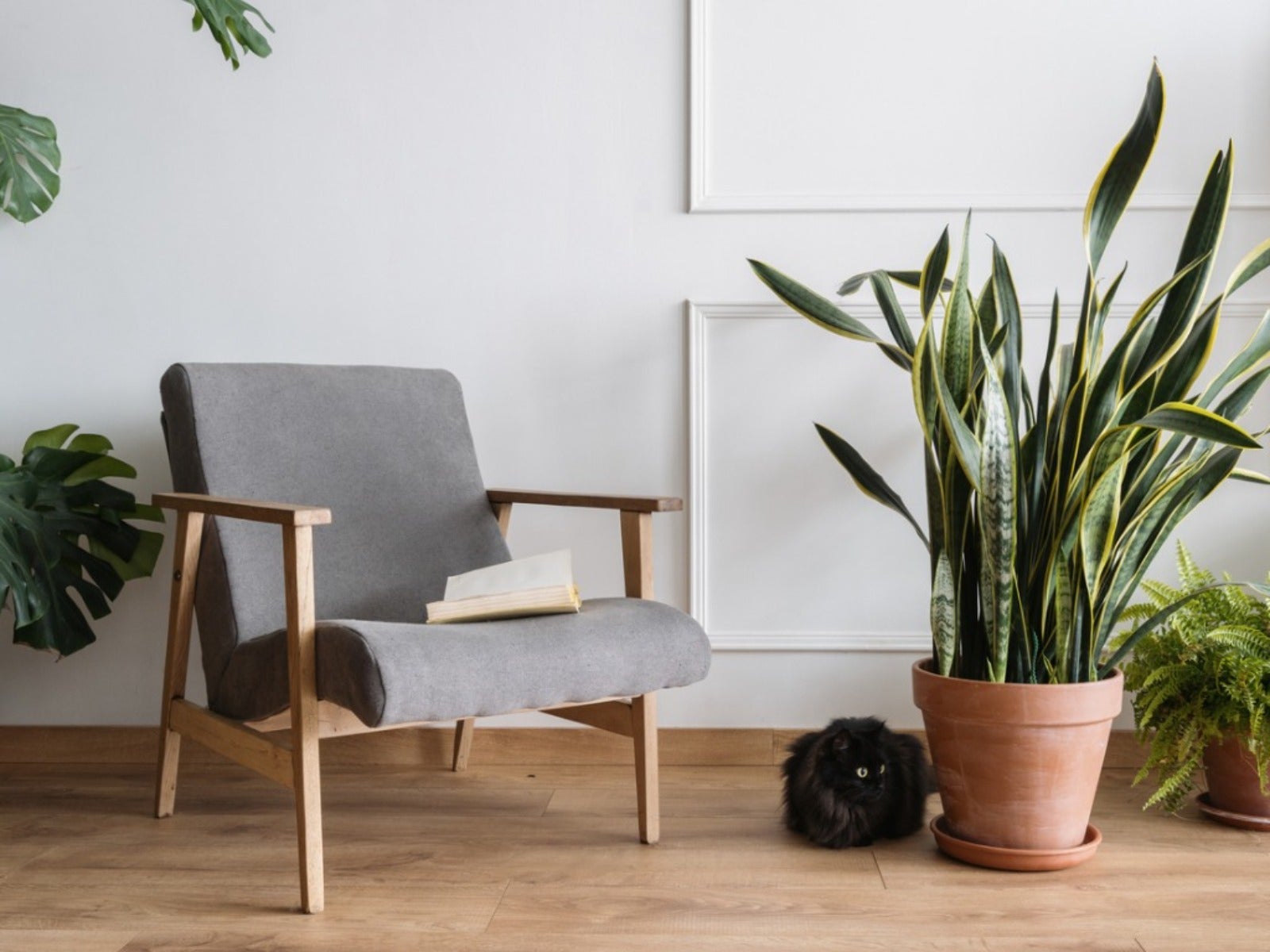 8 Easy Care Houseplants That Live A Long Time
8 Easy Care Houseplants That Live A Long TimeClick here to learn about our 8 favorite low maintenance houseplants that can, with proper care, live a long time.
By Amy Grant
-
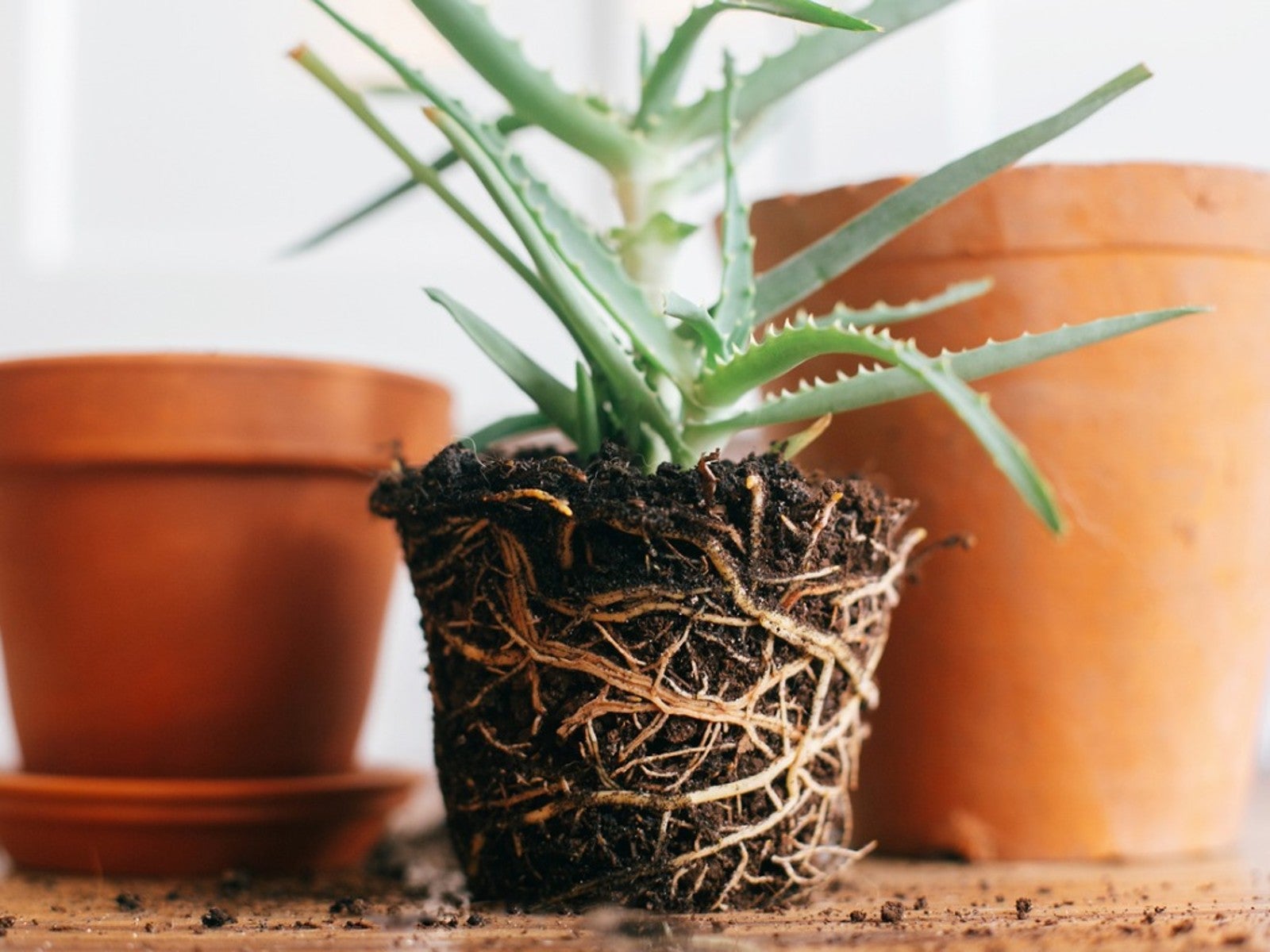 How Often Should You Repot Plants?
How Often Should You Repot Plants?Escaping roots and shrinking leaves may mean your plant wants a new pot, but some like staying cramped and cozy.
By Mary Ellen Ellis
-
 Orange Flowering Houseplant Varieties With Tropical Flair
Orange Flowering Houseplant Varieties With Tropical FlairClick here to learn about some cheerful orange-blooming houseplants you can try growing.
By Mary Ellen Ellis
-
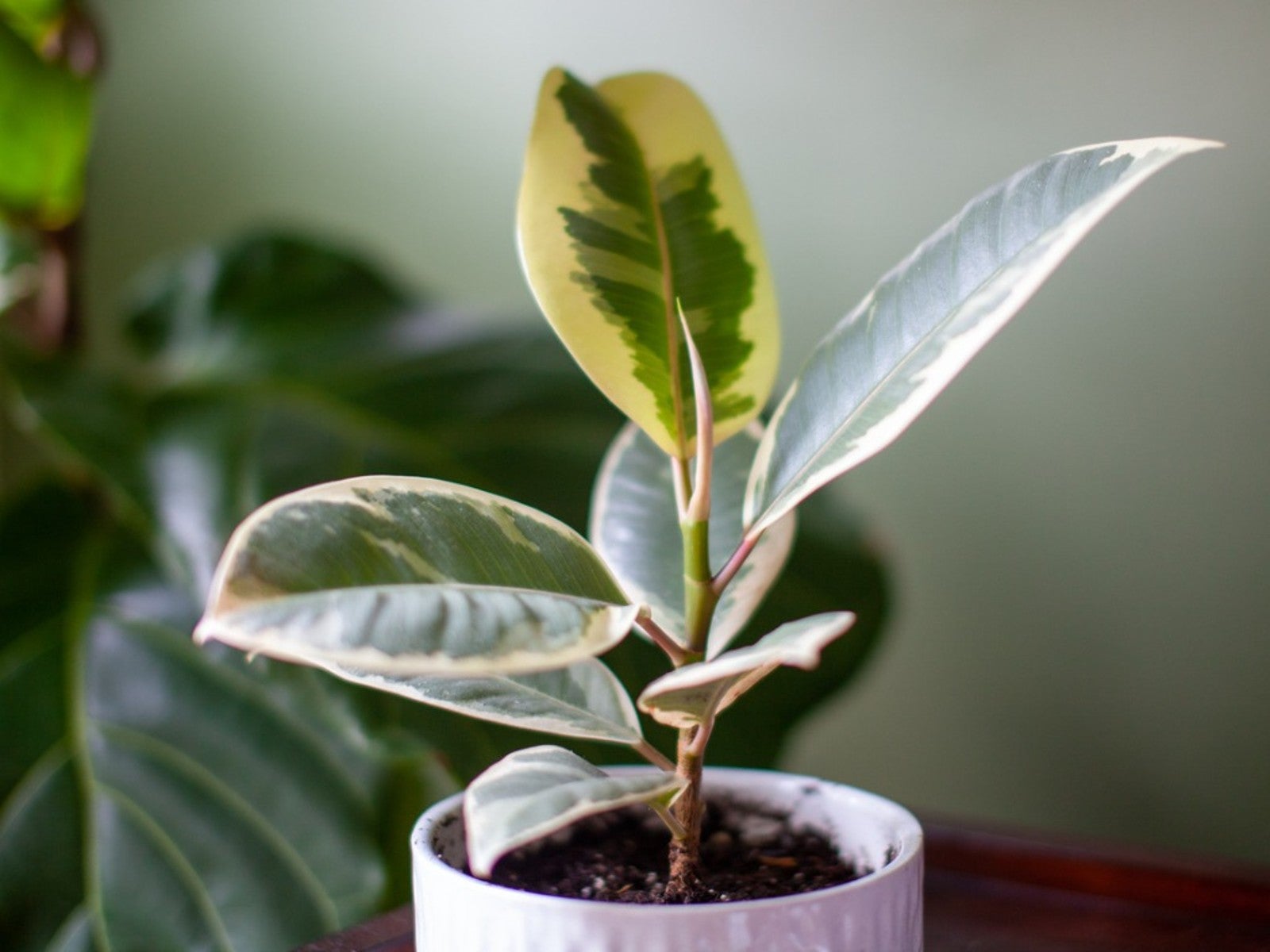 Variegated Houseplants With Lovely Leaves
Variegated Houseplants With Lovely LeavesWhat are some of the best variegated houseplants to add to your collection? Click here to find out.
By Amy Grant
-
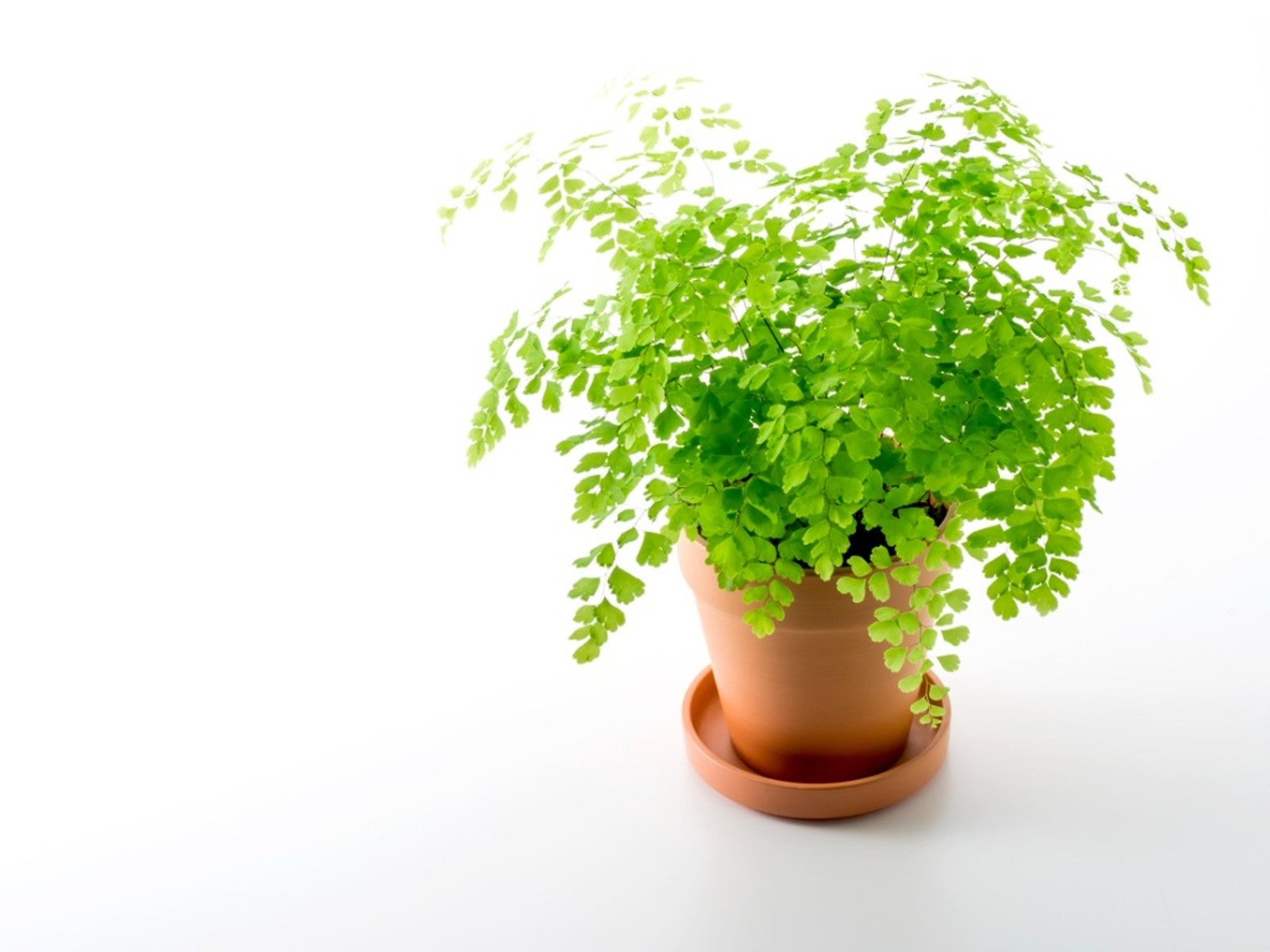 Lovely, Lacy Indoor Foliage Plants
Lovely, Lacy Indoor Foliage PlantsClick here to learn about some houseplants with lacy foliage to add to your collection.
By Mary Ellen Ellis
-
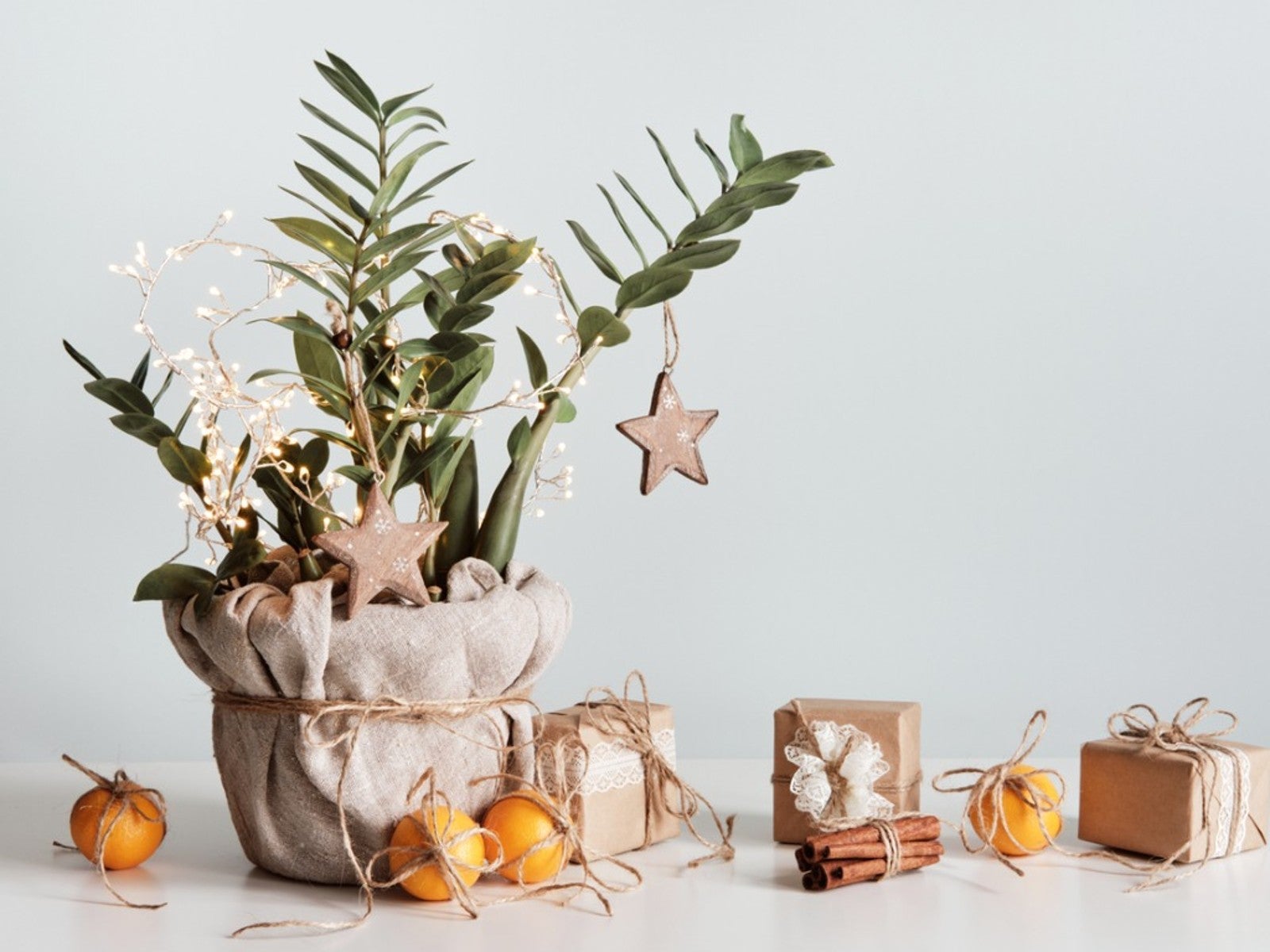 Best Christmas Houseplants And Plants For Winter Holidays
Best Christmas Houseplants And Plants For Winter HolidaysClick here for an idea of the best houseplants to use for holiday décor for Christmas, Hanukkah, Kwanzaa, and New Year’s.
By Laura Miller
-
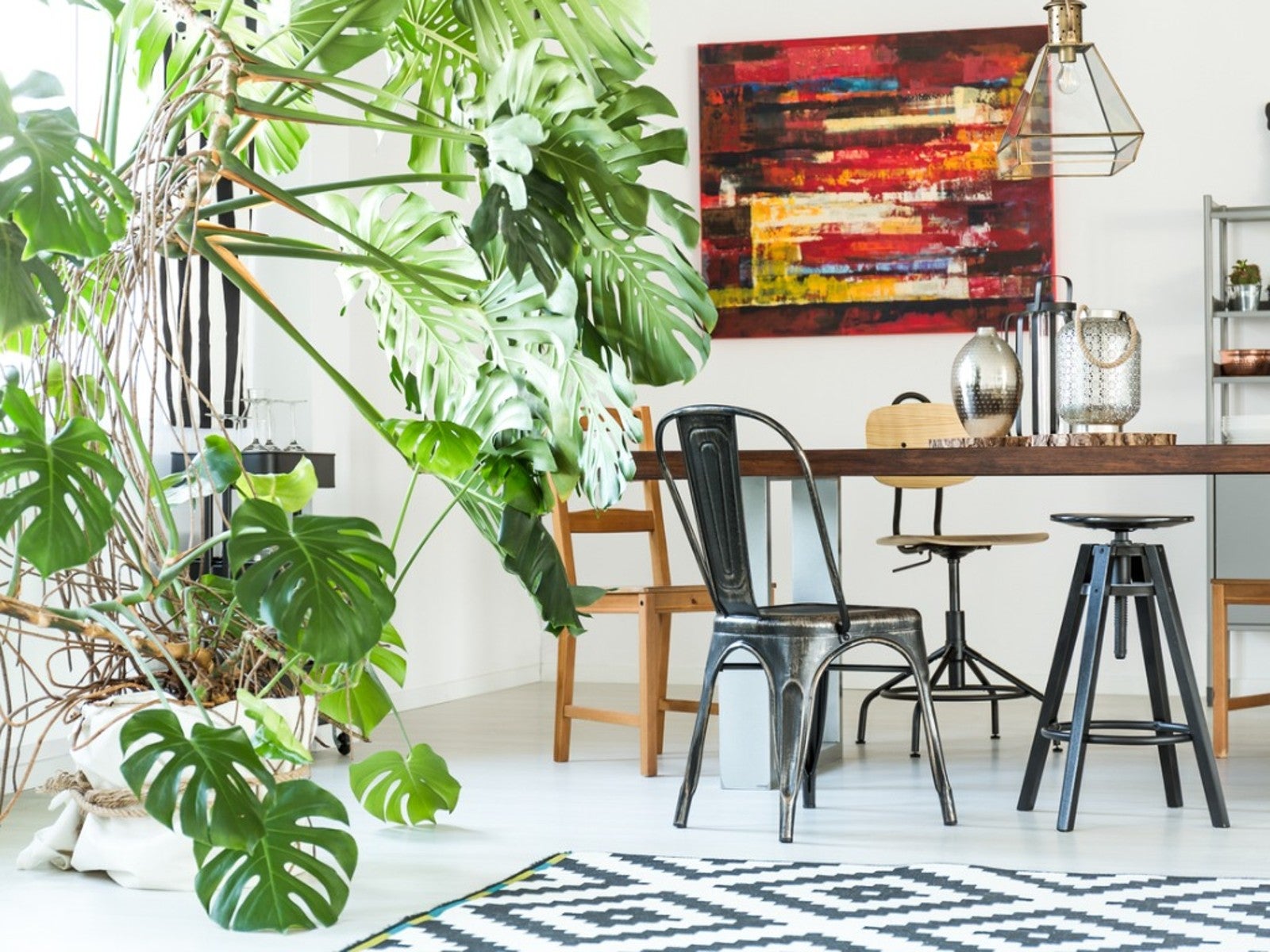 Best Big Houseplants To Create An Indoor Oasis
Best Big Houseplants To Create An Indoor OasisIf you have the space you may want to grow some large houseplants. Here are some ideas.
By Mary Ellen Ellis
-
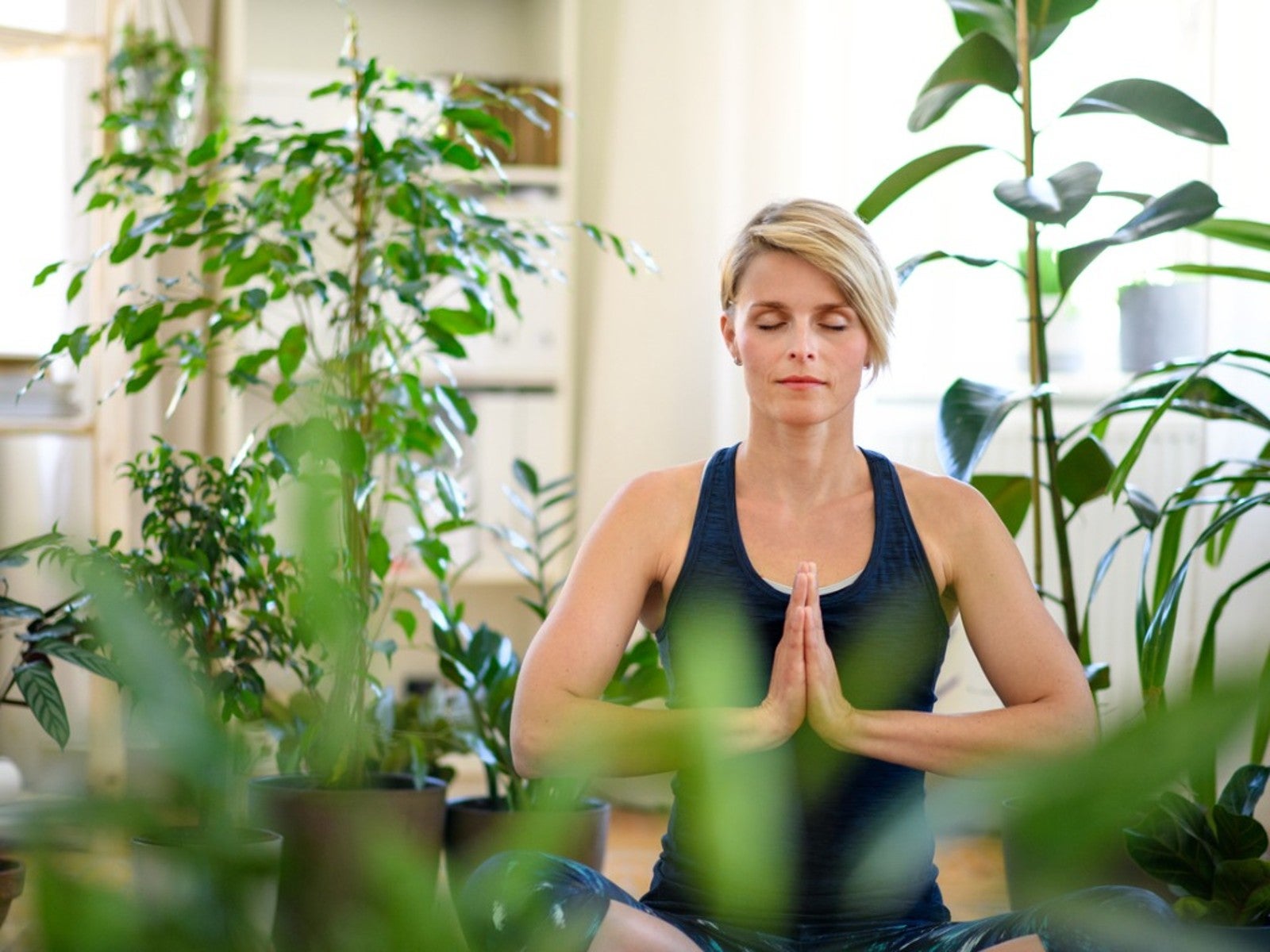 Relaxing Plants To Grow Indoors For A Calmer Mind
Relaxing Plants To Grow Indoors For A Calmer MindAre there houseplants that can help you to relax? Click here to find out.
By Laura Miller